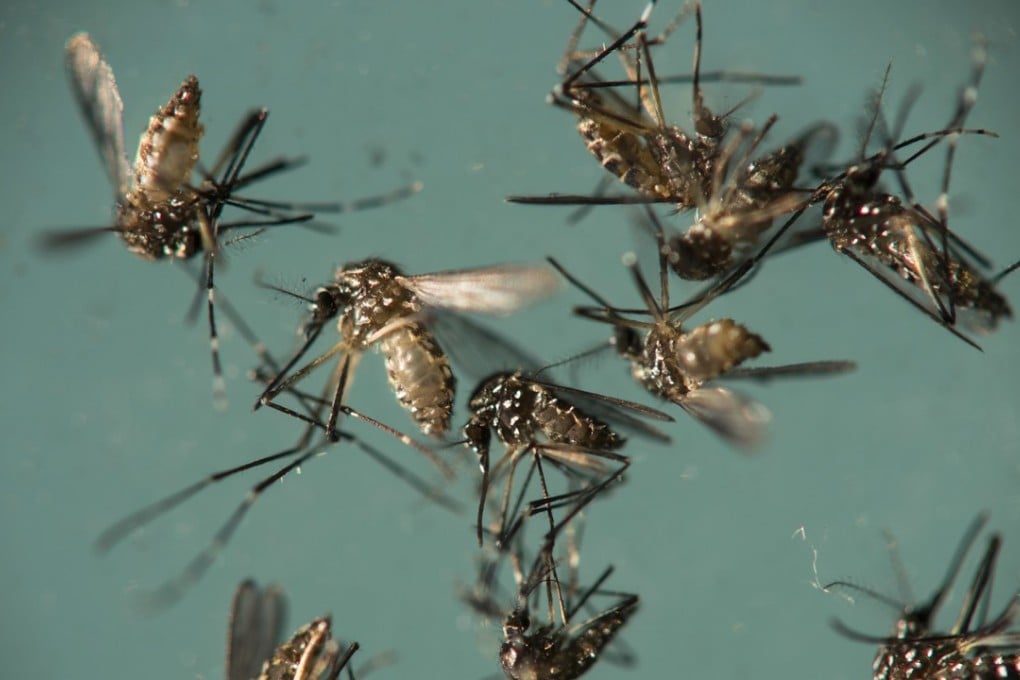US scientists to trick mosquitoes with zika to breed themselves out of existence

This summer, a Silicon Valley tech company will have millions of machine-raised, bacteria-infected mosquitoes packed into windowless white vans, driven inland and released into the wild or, at least, the streets of Fresno, California.
And, yes, Fresno County officials are encouraging this.
It’s all part of the “Debug Fresno” project, which aims to cut down on the number of Aedes aegypti mosquitoes, an unwelcome invasive species that arrived in California’s Central Valley in 2013. In addition to being potential carriers of the Zika, dengue fever and chikungunya viruses, the Aedes aegypti also adapted rapidly to the area’s residential neighbourhoods, to the chagrin of residents and officials alike.
“It’s a terrible nuisance, a terrible biting nuisance. It’s changed the way people can enjoy their back yard and it’s a threat for disease transmission,” said Steve Mulligan, district manager for the region’s Consolidated Mosquito Abatement District. “So we’re looking for new ways to eliminate it.”

To do so, district officials have partnered with tech companies to use an approach that has gained traction in recent years. Inside a lab, millions of the mosquitoes will be infected with Wolbachia bacteria, which changes the reproductive ability of males. Afterward, only those male mosquitoes which don’t bite will be released to mate with unsuspecting female Aedes aegypti.
Even if the females lay eggs, those eggs will never hatch. Eventually, officials hope to reduce the population of Aedes aegypti, generation by generation, until they are eliminated from the area.
